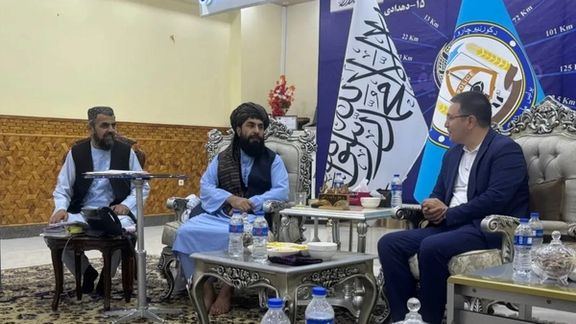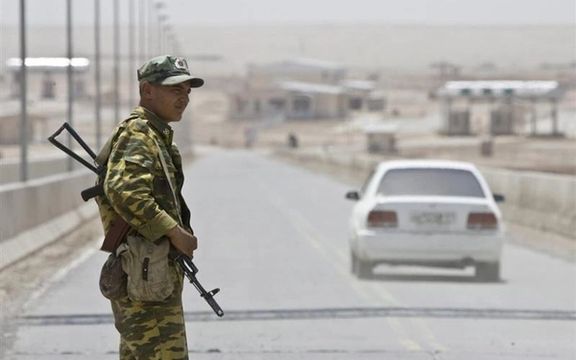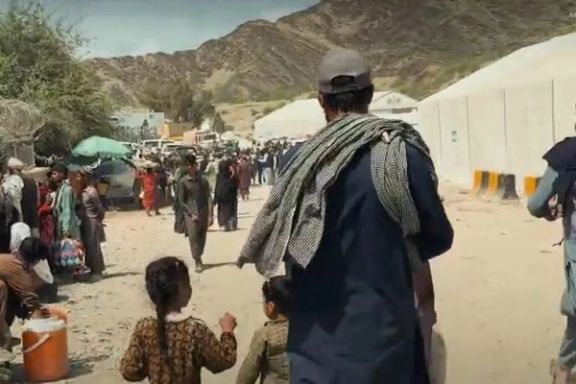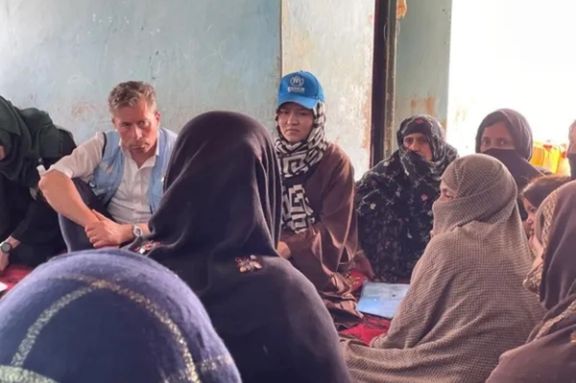According to a statement released on Thursday, 3206 Afghans were expelled from Pakistan, while 1515 were deported from Iran. The commission said the deportees entered Afghanistan through various official border crossings, including Torkham, Spin Boldak, Bahramcha, Angoor Ada, Islam Qala, and Pul-e-Abrisham.
Of those returned, 1551 individuals have been relocated to different provinces, including Ghazni, Logar, Khost, Paktia, Paktika, Baghlan, Takhar, Balkh, Jowzjan, and Kunduz.
The commission also noted that 7.7 million Afghanis in cash assistance was distributed among the returnees to help them resettle. It did not provide details on how the funds were allocated or the criteria used for distribution.
The Taliban authority, which provides daily updates on migration, said that 3868 Afghans were deported from Iran and Pakistan the previous day, reflecting a sharp rise in expulsions this week.
The recent wave of deportations comes amid heightened pressure from neighbouring countries to repatriate undocumented Afghan migrants, many of whom have fled conflict, persecution, or economic hardship. Human rights organisations have repeatedly raised concerns over the forced returns, citing risks of abuse, instability, and lack of support infrastructure inside Afghanistan.






